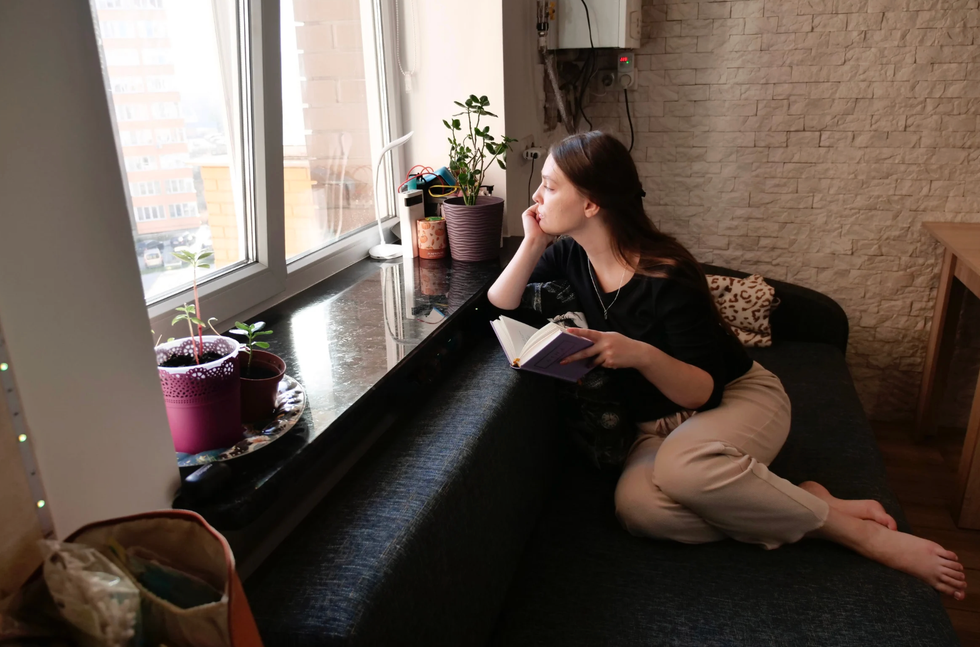The Pixar film Wall-E follows a trash-collecting robot in the 29th Century as it roams a post-Apocalyptic Earth that more closely resembles a planet-sized landfill. If recent advancements in robotics are any indication, we may be closer to having anti-pollution automatons than Pixar predicted.
The Ocean is full of harmful pollution, including harmful plastics—the byproduct of centuries of accelerating industrial production. The largest example, the Great Pacific Garbage Patch, located halfway between Hawaii and California, contains enough trash to cover Texas twice-over. When large pieces of buoyant plastic make it into the ocean they get trapped in patches like the Great Pacific Garbage Patch, and, through exposure to the sun, waves, temperatures, and marine life, eventually break up into micro-plastics. These micro-plastics then exit the garbage patches and spread across the ocean.
Micro-plastics are especially dangerous because they're difficult to remove from the environment, and they (and the toxic chemicals they contain) can easily be absorbed by by living things, intentionally or unintentionally. Marine animals are threatened because they often mistake micro plastics for food. If you don't have a fully developed sense of empathy, you may be thinking, "Why should I care I'm not a marine animal!" Well, there are also health and economic consequences for human beings. Through a process called "bioaccumulation" these plastics work their way up the food chain as the feeders become prey, and toxic chemicals are eventually absorbed by humans. In addition to the massive health implications posed by marine plastics, there is an annual economic cost estimated to range between $6 and $19 Billion USD.
Organizations, like the nonprofit The Ocean Cleanup, have dedicated themselves to solving the problem of oceanic plastic pollution by engineering anti-pollution technology. One example is their boat "The Interceptor," which collects and removes large pieces of plastic before they enter garbage patches and degrade into micro-plastics. "The Interceptor" is a fully automated, solar powered vessel capable of removing 100,000 kilos (or 110 tons) of trash per day. The vessel collects the trash, distributes it into one of six onboard dumpsters using sensors to maintain a balanced weight, then alerts local operators to empty the dumpsters once full. As of 2021 the first two "Interceptors" have launched, one in Indonesia and one in Malaysia, and The Ocean Cleanup hopes to launch two more in the near future, in Vietnam and the Dominican Republic. The organization plans on using "The Interceptor" to target rivers, which contribute 80% of marine plastic.
The word is still out on whether, like Wall-E, these anti-pollution boats have learned how to love, but in the meantime the innovations show great potential in fighting Ocean pollution and helping to preserve our environment.
Learn more about Ocean Cleanup and The Interceptor in the video below:

















 Tow truck towing a car in its bedCanva
Tow truck towing a car in its bedCanva  Sad woman looks at her phoneCanva
Sad woman looks at her phoneCanva  A group of young people at a house partyCanva
A group of young people at a house partyCanva  Fed-up woman gif
Fed-up woman gif Police show up at a house party
Police show up at a house party 
 A trendy restaurant in the middle of the dayCanva
A trendy restaurant in the middle of the dayCanva A reserved table at a restaurantCanva
A reserved table at a restaurantCanva Gif of Tim Robinson asking "What?' via
Gif of Tim Robinson asking "What?' via 

 An octopus floating in the oceanCanva
An octopus floating in the oceanCanva


 A woman relaxes with a book at homeCanva
A woman relaxes with a book at homeCanva An eviction notice is being attached to a doorCanva
An eviction notice is being attached to a doorCanva Gif of Kristen Bell saying 'Ya basic!' via
Gif of Kristen Bell saying 'Ya basic!' via